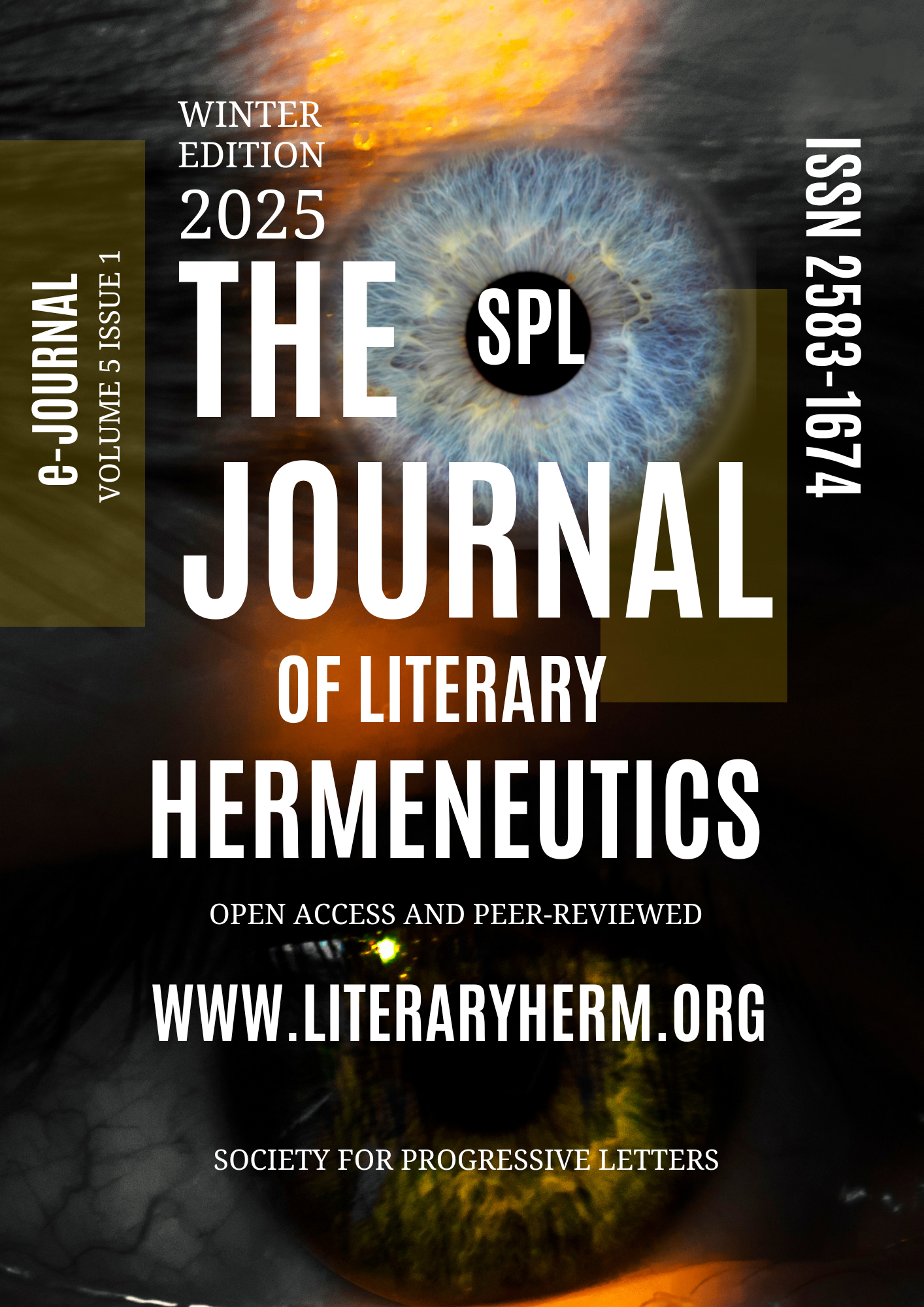Cultural Hegemony and Systemic Intolerance: Mapping the Politics of Exclusion in The God of Small Things
Keywords:
Postcolonial literature, cultural hegemony, systemic intolerance, gender discrimination, caste politics, Kerala societyAbstract
Aim: This paper examines Arundhati Roy's The God of Small Things through the lens of cultural hegemony and systemic intolerance, analyzing how the novel portrays various forms of social exclusion within Kerala's socio-cultural landscape. The research aims to map the intersecting hierarchies of caste, gender, and class that perpetuate systems of oppression and marginalization in postcolonial India.
Methodology and Approach: The study employs a critical analysis framework combining postcolonial theory and cultural studies. Through close textual analysis of the novel, supported by secondary scholarly sources, this research examines key scenes and character relationships that illuminate patterns of social exclusion.
Outcome: The analysis reveals how Roy masterfully depicts the intricate web of social oppression through multiple narrative threads. The study particularly highlights how the novel's non-linear narrative structure mirrors the fragmented experiences of characters struggling against systemic intolerance.
Conclusion and recommendation: Future research should explore comparative analyses of Roy's work with other postcolonial texts addressing similar themes of cultural hegemony. Additionally, scholars should investigate how Roy's portrayal of systemic intolerance in Kerala can inform broader discussions of social justice in contemporary India. The study recommends examining the novel's relevance to current debates on gender equality and caste discrimination in Indian society.
Downloads

Published
How to Cite
Issue
Section
Copyright (c) 2025 Rusav Kumar Sahu, Krishna Pratap Singh

This work is licensed under a Creative Commons Attribution-NonCommercial 4.0 International License.












